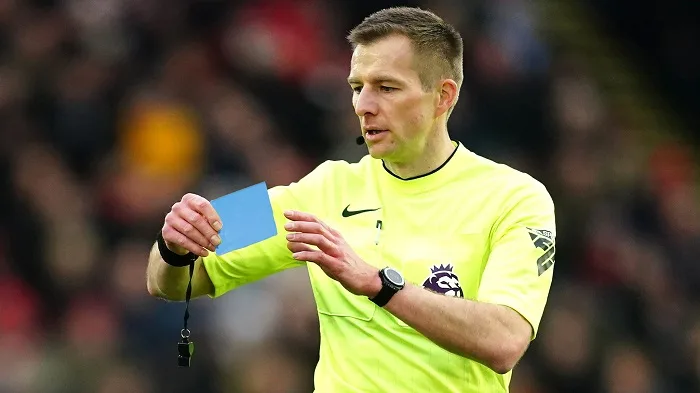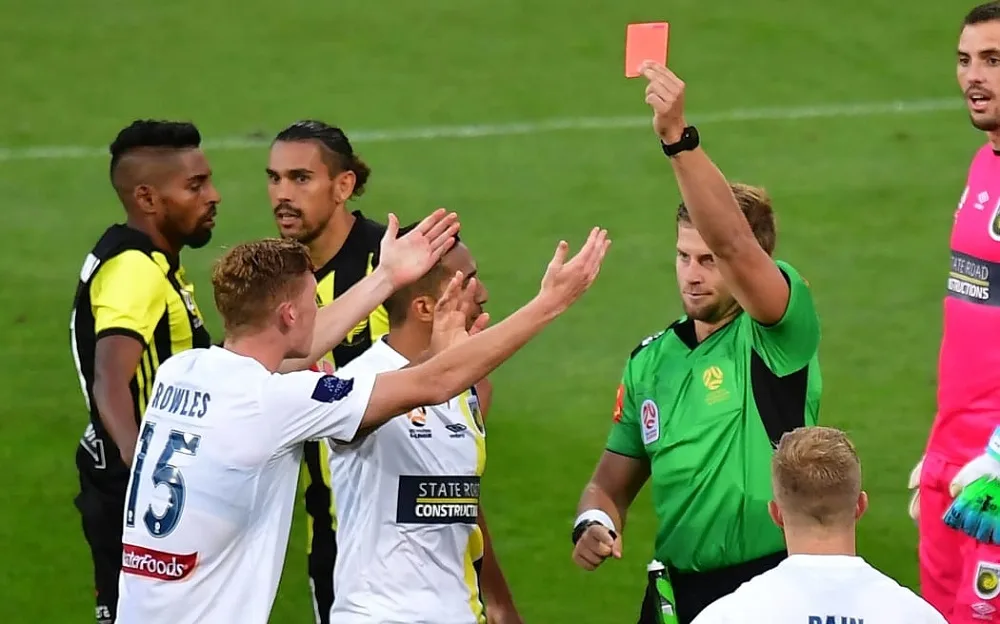
The Introduction of Blue Cards in Football: A Game-Changer for Player Discipline
Football’s governing bodies are constantly seeking ways to improve the sport, focusing on fairness, discipline, and the overall excitement of the game. The latest innovation in this quest is the introduction of the blue card, set to signify temporary dismissals or ‘sin bins’ for minor offenses. This significant change aims to enhance player behavior and game integrity without the harsh consequences of a red or yellow card. Let’s explore the impact this new rule could have on the beautiful game.
The Genesis of the Blue Card
The concept of a blue card has been discussed at length by football’s legislative bodies, with the goal of addressing disciplinary issues more flexibly. Inspired by similar systems in other sports, the blue card aims to penalize unsporting behavior with a temporary dismissal, allowing teams to feel the immediate impact of losing a player without the long-term detriment of a suspension.
Operational Mechanics of the Blue Card System
Under the new system, players awarded a blue card will be required to leave the field for a predetermined period, leaving their team at a numerical disadvantage. This period of temporary dismissal is designed to penalize teams for minor infractions while giving players a chance to reflect on their actions without the stigma attached to yellow or red cards.
The application of the blue card will vary by competition, with specifics to be determined by local football associations. However, the overarching principle remains to offer referees an additional tool for managing on-field discipline effectively.
Impact on Player Behavior and Game Dynamics
The introduction of the blue card is expected to significantly alter the dynamics of football matches. By penalizing minor infractions with temporary dismissals, players will be incentivized to maintain higher standards of conduct. This change not only aims to reduce the number of disruptive incidents but also to enhance the flow and spirit of the game.
Moreover, the blue card system introduces a new strategic element for coaches, who must now navigate the challenges of temporary player dismissals. This could lead to more dynamic game plans and the development of deeper squad tactics to accommodate short-term absences.

Comparative Analysis with Other Sports
Football is not the first sport to implement a sin bin system. Rugby, hockey, and basketball have long used similar methods to manage player discipline. By comparing the effectiveness of sin bins across these sports, football authorities can fine-tune the blue card system to ensure it benefits the game in the desired manner.
Community and Expert Reactions
The announcement of the blue card has sparked a wide range of reactions from the football community. Fans, players, and coaches alike are curious to see how this change will affect their beloved sport. Initial feedback has been mixed, with some praising the initiative for its potential to improve game conduct, while others express concerns over the subjective nature of minor infractions.
Looking Towards the Future
As football continues to evolve, the blue card represents a forward-thinking approach to discipline within the game. Its success and acceptance among the football community will determine its permanence in the rules of football. With careful implementation and ongoing assessment, the blue card has the potential to become an integral part of the sport, contributing to a fairer, more exciting game for players and spectators alike.
